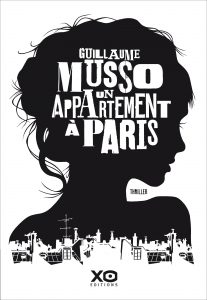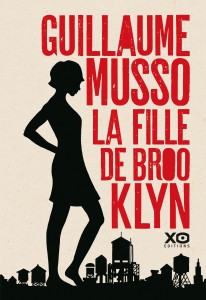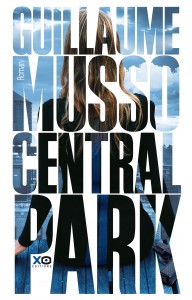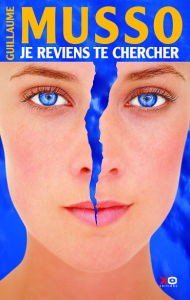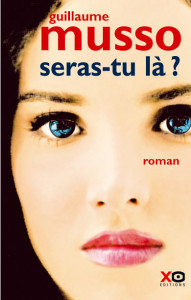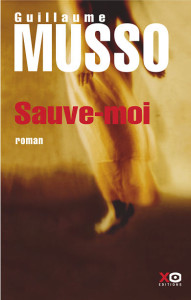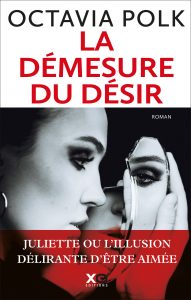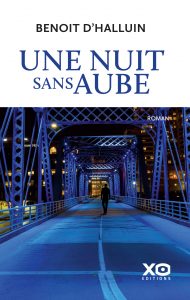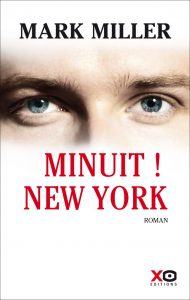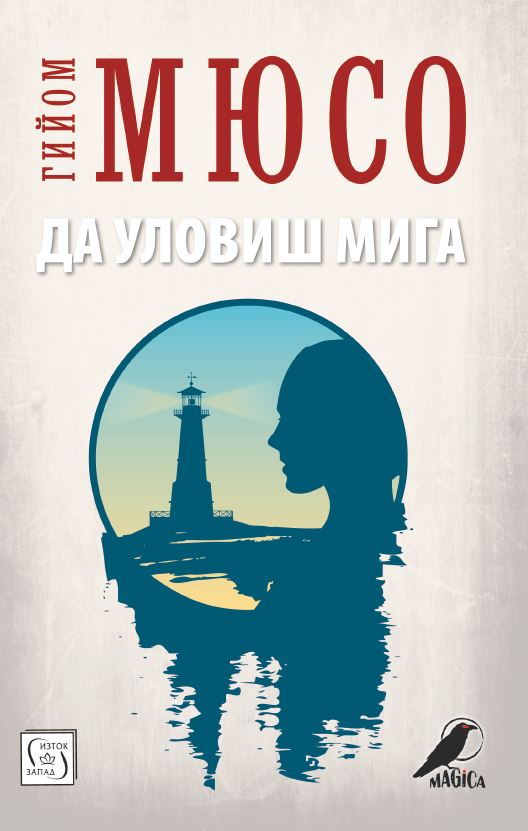This is the first of my novel that clearly derived from an impression left after the visit of a peculiar place. Three years ago, when I was on holidays in the US, I stayed for a week in an old lighthouse, on the West coast of Cape Cod. It was an octagonal wooden tower, twelve meters high, surrounded by the ocean and the rocks, battered by the wind, a place as fascinating as disturbing. When the weather was clear, we were in one of Hopper’s painting, but when the sky got cloudy and the wind rose, then we ended in a Stephen King novel!
For the novelist that I am, this atmosphere was very favorable to strike and nurture my imagination. So, it is during this stay that I thought for the first time about my hero’s story, Arthur Costello. He is a young emergency doctor, and his father had left an old and mysterious lighthouse to him, which belonged to his family for generations.
But this legacy turned out to be more of a curse than a blessing…
Yes, there’s a condition he must agree to: Arthur has to promise never to open the metal door in the cellar of the lighthouse. A promise he obviously won’t keep. When he pushed the door open, the young doctor unlocks Pandora’s Box, and in the meantime discovers the hidden secret of the lighthouse. Since then, he will never be the same again.
I have always liked these kinds of situation in which an ordinary man finds himself at the mercy of events far bigger than he is. I really like to describe those moments of doubt and destabilization when a character is projected in a world whose codes he’s ignorant of. Because it is often the danger and the unknown that brings our past and archaic fears out in the open, forcing one to confront with oneself and finally to see what one is really made of.
In your story, the New-England lighthouse does become the symbol of family legacy and secrecy, doesn’t it?
Indeed, this metaphor enables me to tackle different questions linked to the weight of family legacy: what kind of values do we transmit to our children? To what extent our deeds depends on our family history? Why becoming parents make us stronger but more vulnerable at the same time? Could a certain fear or guilt be passed from a generation to another?
Contrary to your last novel, Central Park, that took place in “real time” in barely 24 hours; this one unfold itself on 24 years, from 1992 to today, every chapter represents a year. Why this radical change?
In 400 pages, we’re witnessing an accelerated crossing of the last decades. This enables me to follow the evolution of a couple in a quarter of a century. Arthur and Lisa’s fates are going to mingle together. For more than two decades, they will love and fight one another but also struggle together in order to thwart the traps Time imposes on them.
One of the novel’s issue was to build a parallel between the social, political or technological changes and the intimate changes of a singular life.
Alluding to historical and cultural anecdotes, I also tried to give a portrayal of a certain “hurried” generation, trapped between two centuries during which the world has changed.
Responding to those transformations, New York is the one that had undergone some drastic changes. At the beginning of the novel, it is the dangerous city that I discovered during my first stay there, when I was 19. At the beginning of the 90’s, it was an unpredictable cutthroat, which was the stage of more than 2000 murders per year. On the last pages, New York is the city we know today: a calmer city, but where everything can happen.
At the core of your novel, we meet a couple, Arthur and Lisa, whose relationship is far from common because they only see each other once a year!
Yes indeed, it was one of the plot’s issue: telling the different stages in the life of a couple, summarized in twenty “scenes”. We witness their meeting, the birth of their feelings, their passionate infatuation, their difficulties, breakups, their successive make ups, their family lives…
Of all the romantic relationships I wrote about, this one is certainly the most original, but also, in its ending, one of the most moving.
For some years, with Call of an Angel and Next, you began to move toward the thriller genre, which proved very fruitful considering the huge success with Central Park. Does This Very Instant follow this same line?
More than ever, suspense and emotion are the common thread of my narrative. I have always entirely assumed the pleasure to be a storyteller, and I tried to offer to my readers an original reading experience while disorienting and keeping them in suspense.
After a period during which wanting to tell a story was nearly looked down upon, we are now living, since a few years, in a new golden age of fiction. Be it through TV series or novels, the public taste for dramaturgy is getting stronger and stronger. The readers are more and more familiar with the codes of the fiction. Confronted with a multitude of choices, they became more and more demanding; thus the necessity to be even more creative in every novel in order to try to propose a story appealing, innovative and complex enough, shouldered by characters made of flesh and blood.
I still like to mix different genres and to write hybrid stories. It is, I believe, where my main trait and singularity come from: thwart the expectations, play with the rhythm, and blurring the frontiers and atmospheres between the different genres.
This Very Instant is mysterious and sustains the suspense, but is also humorous, especially through the growing relationship between Arthur and his grandfather, Sullivan Costello.
Given the reactions of the first readers, it is without doubt the “couple” the most endearing of the novel. In any case, I took great pleasure in writing, dramatizing and constructing the dialogues in every scene they were in. As soon as I wrote about their first encounter, I felt a particular chemistry between them; sometimes it is confrontation, but most of the time it is complicity, squabble or an exchange of one liners. In order to create the character of Sullivan, I had in mind my own grandfather but also some American actors, famous for their mentor roles like Paul Newman in The Color of Money, Sean Connery in Finding Forrester, Clint Eastwood in Million Dollar Baby…
This very instant: how did you find the idea of the title?
The idea of the title came very late. For a long time, the novel was called “The Man Who Disappeared”. Finally “This Very Instant” came as an evidence. Like every one of us, but with more intensity, my hero is being chased and caught up by time. And time always win in the end. Our most effective weapon is maybe to just fully live in the moment: refusing to be contaminated by past regrets and by projections of the future. Easier said than done, I admit…
Thanks to Central Park, you have been in 2014 the most read French novelist for four years in a row now. How did you handle this new success that surpass your previous novels?
I was glad to see that my readers followed me with this novel which was a pure thriller. The other surprise was also to see that Central Park has been read by a lot of people who didn’t read me before, most often than not because they had twisted and wrong images of my work. Central Park did help me to take off some of the labels I was stuck with.
I am happy that this success is carrying on from one year to the other, in particular thanks to word of mouth, but my character tends more to project me towards the future rather than stay put in a position or in a status. I work as a craftsman. I take as much pleasure as ever imagining stories, and I have loads of novel ideas in mind, each in very different genres. In this hyper technological world of ours, were screens, social media and the virtual world reign supreme, I always find it fascinating that a simple succession of words and sentences can bring out in us, readers, a feeling of escape, of change of scene and very strong emotions …

